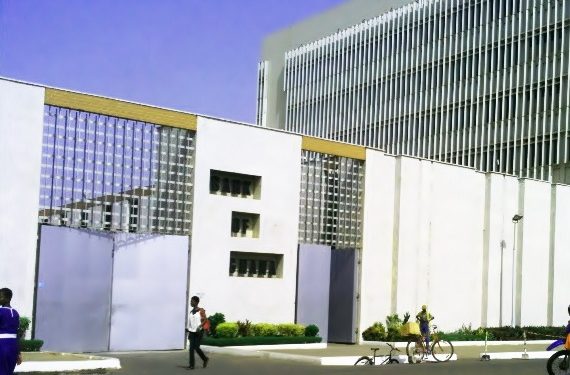A few non-bank financial institutions that are experiencing serious liquidity issues will soon be closed by the Bank of Ghana.
The Central Bank claims that these institutions’ inability to meet their financial obligations to depositors and clients is a result of their liquidity issues.
The regulator has made numerous unsuccessful attempts to keep these institutions open for business.
Dr. Ernest Addison, the governor of the Bank of Ghana, stated during the Monetary Policy Committee press briefing that certain legacy institutions in the non-banking sector are still unable to pay their depositors.
“You know that we have some legacy institutions in the non-bank sector that are in a sense not able to meet depositor payments and these are legacy problems.
“We have not been able to raise the necessary resources which would allow those institutions to be resolved and the depositors’ funds returned to them. It’s an issue that we’re looking closely at under this IMF programme”. Mr. Addison said.
The governor made note of the fact that some funds would be set aside to address the legacy issue without naming the institutions.
“The plan is to set aside some resources from the budget hopefully, and once those resources are identified, we will take care of that legacy problem in the non-bank financial institution sector”.
The Central Bank implemented a banking reform between 2017 and 2019, which resulted in the closure of numerous financial firms operating in the Tier 1, 2, and 3 spaces.
420 financial institutions had their licenses revoked as part of the “Banking Sector Cleanup” initiative.






